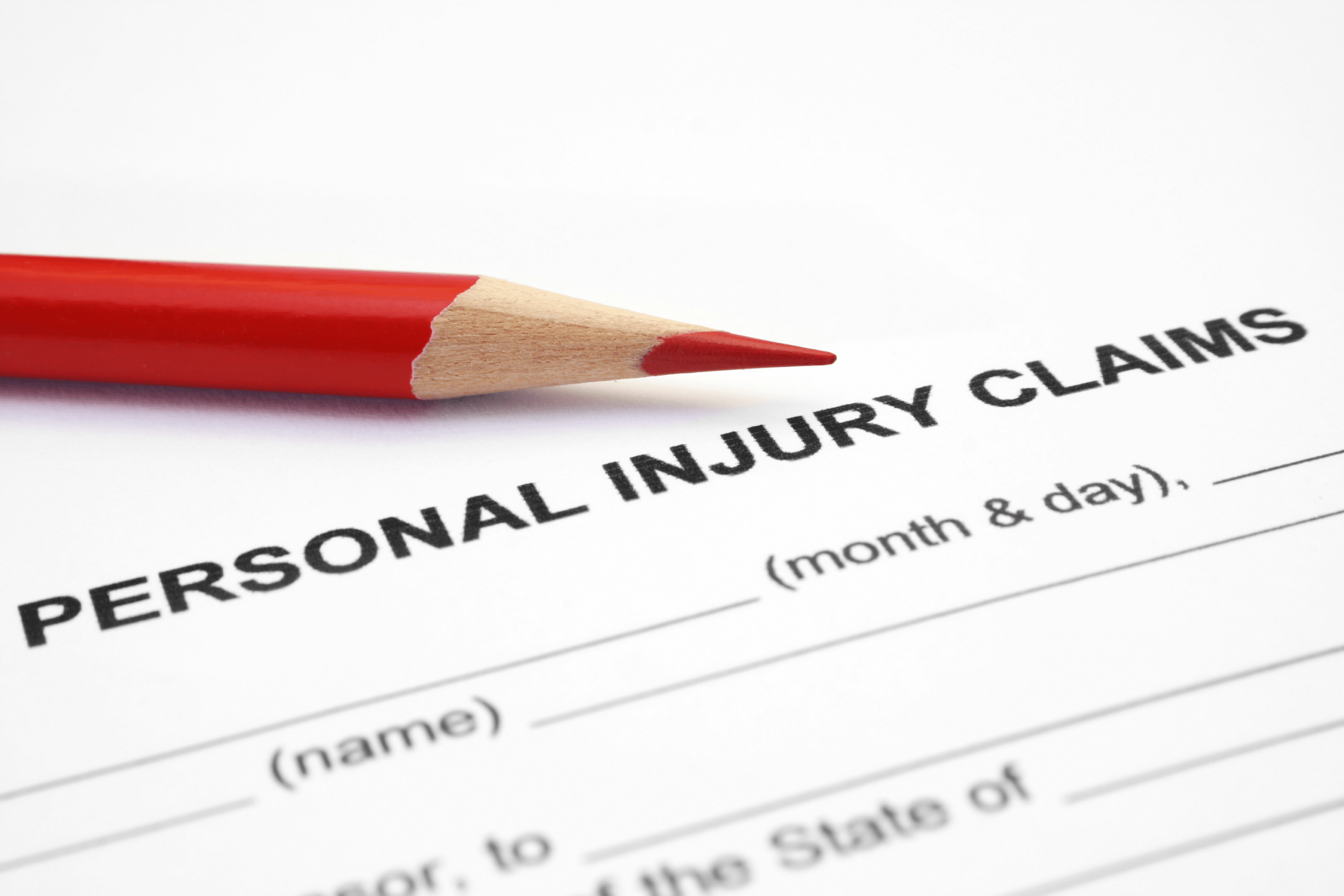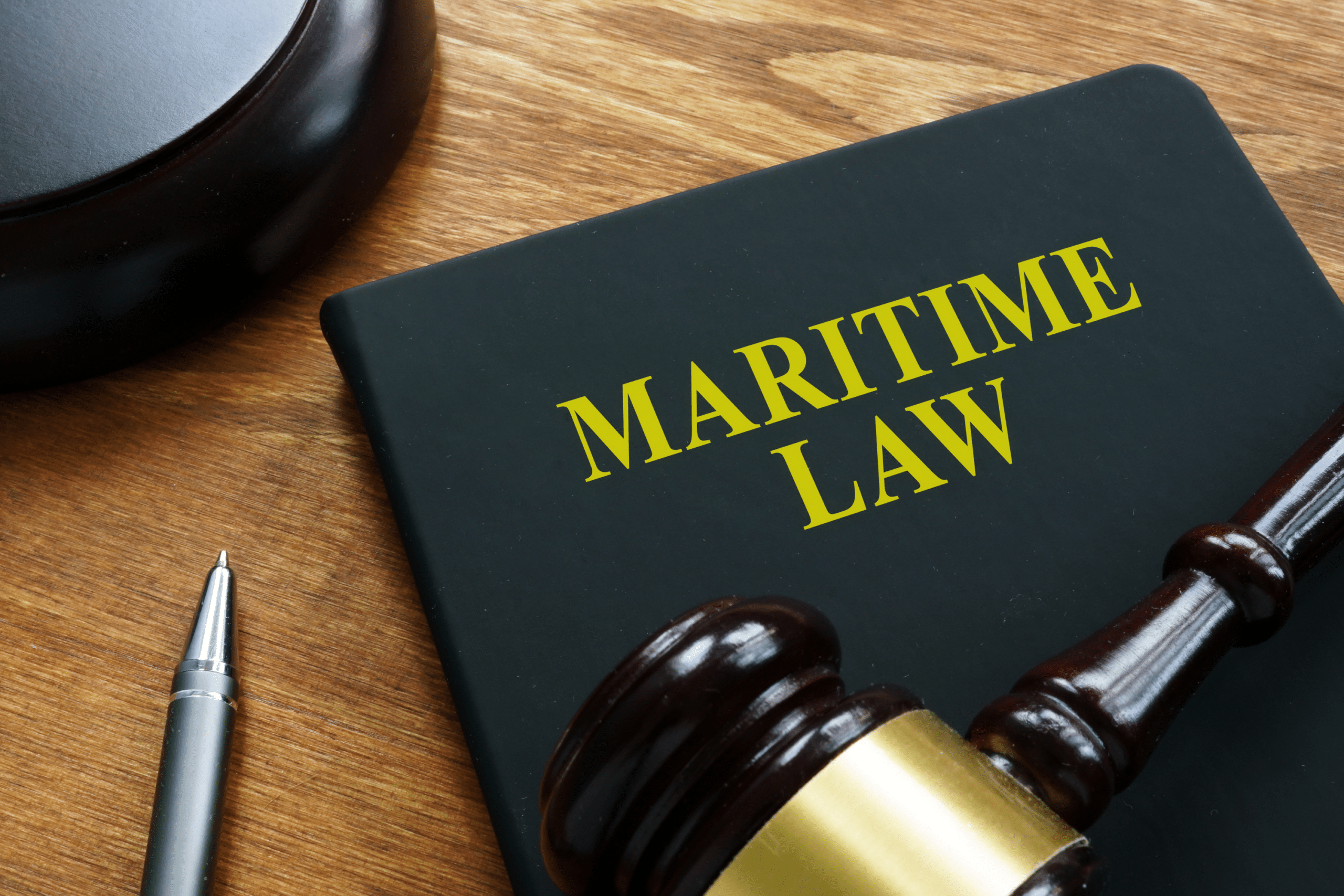Cruising is a popular vacation choice for many, offering a blend of luxury, relaxation, and adventure. However, accidents and injuries can occur on cruise ships, just as they can on land.
Navigating the process of filing a cruise ship injury claim can be complex, involving unique maritime laws and regulations. This blog will guide you through what you need to know about cruise ship injury claims, from understanding the legal landscape to the steps you should take if you find yourself injured.
Understanding Maritime Law
Cruise ship injury claims are governed by maritime law, also known as admiralty law. This specialized area of law deals with incidents and contracts on navigable waters. Maritime law is different from state and federal laws and has its own set of rules and procedures.
Determining the jurisdiction is one of the first steps in a cruise ship injury claim. Cruise lines often include a forum selection clause in their ticket contracts, specifying the location where lawsuits must be filed. This is usually where the cruise line’s headquarters are located, such as Miami, Florida, for many major cruise lines.
Additionally, maritime law imposes strict time limits for filing injury claims. Cruise lines require that injured passengers notify them of their intent to file a claim within six months of the injury and file a lawsuit within one year. These deadlines are usually stated in the ticket contract.
Common Types of Cruise Ship Injuries to Watch Out For
Injuries on cruise ships can range from minor to severe, and they can occur in various ways, including:
Slip and Falls. Wet decks, uneven surfaces, and poorly maintained walkways can lead to slip-and-fall accidents.
Food Poisoning. Contaminated food or water can cause illnesses among passengers.
Recreational Activities. Injuries can occur during activities like swimming, rock climbing, or using the onboard gym.
Medical Malpractice. Substandard care by the ship’s medical staff can result in medical negligence claims.
Assault. No one likes to talk about it, but passengers may be injured due to assaults by other passengers – or even crew members.
Ship Maneuvers. This one isn’t as common, but in some cases, it may be possible to hold either the cruise line or the crew liable for accidents related to expected maneuvers taken by the ship. Such a situation may be in the beginning stages right now after a ship made an unexpected move in a storm. Though it was supposedly done to reduce danger to the passengers, numerous injuries resulted.
The key to whether you will receive compensation for your injury hinges on your ability to hold the cruise line liable.
Steps to Take After an Injury on a Cruise
If you are injured on a cruise ship, taking the following steps can help protect your rights and strengthen your claim:
- Seek Medical Attention. Your health is the top priority. Visit the ship’s medical center for treatment and ensure that your injuries are documented. Obtain copies of all medical records and reports.
- Report the Incident. Notify the ship’s security or management about the incident as soon as possible. Request a copy of the accident report. (Starting to notice a theme?)
- Gather Evidence. Collect evidence that supports your claim. Take photographs of the accident scene, your injuries, and any hazardous conditions that contributed to the incident. Get contact information from witnesses who can provide statements.
- Keep Records. Maintain detailed records of all expenses related to your injury, including medical bills, transportation costs, and any other out-of-pocket expenses.
- Review the Ticket Contract. Carefully read the fine print on your cruise ticket. The contract will contain important information about how and where to file a claim and any deadlines you must meet, such as those mentioned above.

How to File a Cruise Ship Injury Claim
Filing a claim for a cruise ship injury involves several key steps:
Consulting an Attorney. While technically not a requirement, maritime law is complex, and it will be hugely beneficial to consult with an experienced maritime attorney who specializes in cruise ship injury claims. They can guide you through the legal process and help you build a strong case.
Drafting a Complaint. Your attorney will help you draft a complaint outlining the details of your injury, the cruise line’s negligence or wrongdoing, and the damages you seek.
Negotiation. In many cases, the cruise line may offer a settlement to avoid going to court. Your attorney will negotiate on your behalf to ensure that you receive fair compensation.
Litigation. Your case may go to trial if a settlement cannot be reached. Your attorney will represent you in court and present evidence to support your claim.
What Kinds of Potential Damages Are Available to Cruise Injury Victims?
Victims of cruise ship injuries may be entitled to various types of compensation, including:
Medical Expenses. Compensation for medical treatment, both immediate and long-term.
Lost Wages. Reimbursement for lost income due to the inability to work.
Pain and Suffering. Compensation for physical pain and emotional distress caused by the injury.
Punitive Damages. In cases of gross negligence or intentional harm, punitive damages may be awarded to punish the cruise line and deter future misconduct.
Cruise ship injury claims are truly a case of David versus Goliath, and because of this, it can be daunting to go to battle against them. However, understanding the basics of maritime law, knowing the steps to take after an injury, and consulting with a specialized attorney can significantly improve your chances of a successful outcome.

If you or a loved one is injured on a cruise ship, act promptly to protect your rights and seek the compensation you deserve. Remember, the complexities of maritime law make it essential to have experienced legal representation to guide you through this challenging journey.






